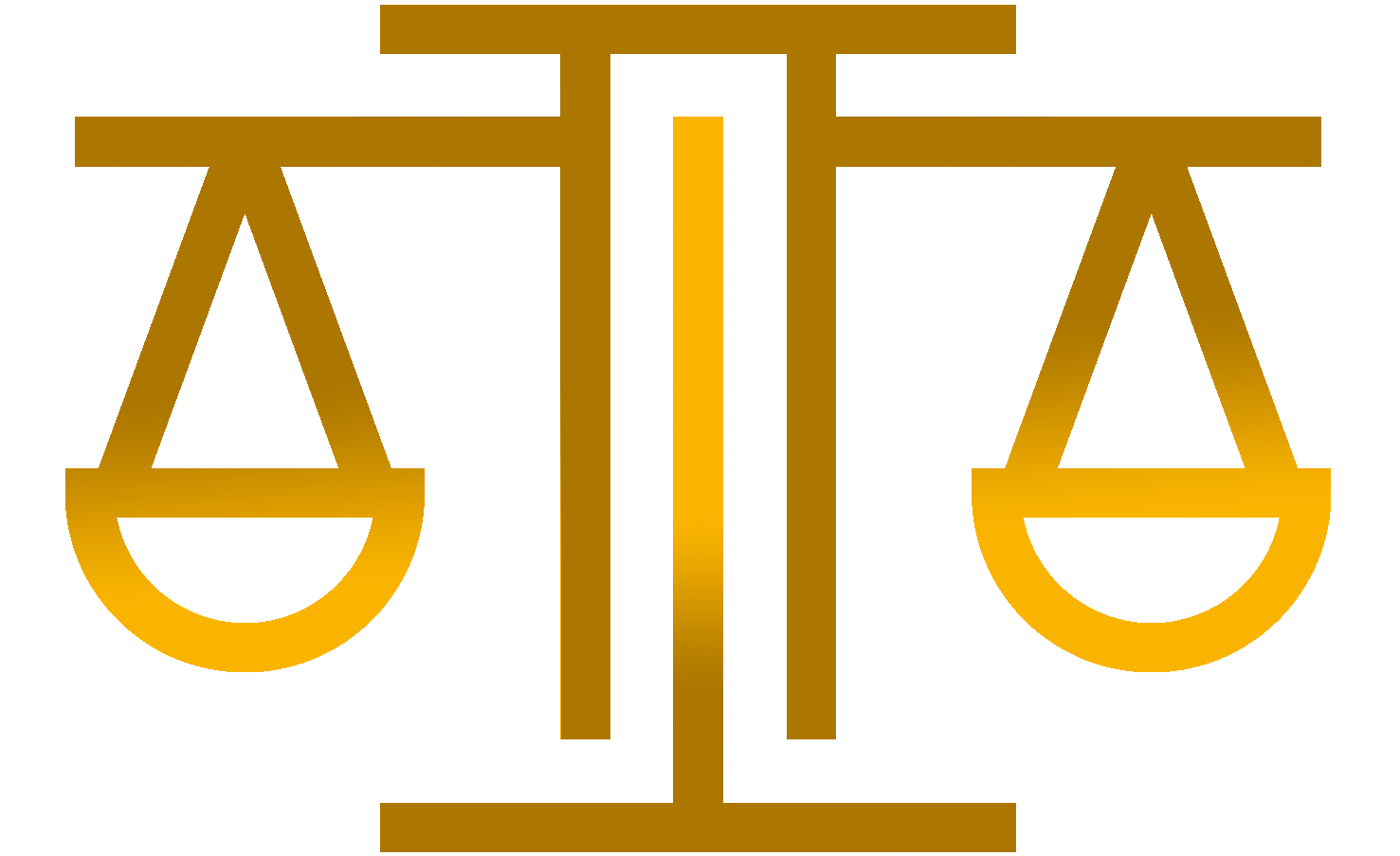With little fanfare – and scant media coverage – Amber Heard has filed her appeal of the verdict that was rendered back in June by a jury that awarded her ex-husband, Johnny Depp, $10 million in compensatory damages and $350,000 in punitive damages.
The award to Depp was based on the jury’s finding that Depp had been defamed by an Op-Ed that appeared in the Washington Post under her byline on December 18, 2018 (Note: Although the Op-Ed had actually been drafted by the ACLU, the organization was not named as a co-defendant by Depp, nor was it interpleaded as a third-party defendant by Heard).

Following the announcement of the verdict, Heard commented that she thought it was a setback for all women:
“It sets back the clock to a time when a woman who spoke up and spoke out could be publicly shamed and humiliated. It sets back the idea that violence against women is to be taken seriously.
“The disappointment I feel today is beyond words. I’m heartbroken that the mountain of evidence still was not enough to stand up to the disproportionate power, influence, and sway of my ex-husband.
“I’m even more disappointed with what this verdict means for other women. It is a setback. It sets back the clock to a time when a woman who spoke up and spoke out could be publicly shamed and humiliated. It sets back the idea that violence against women is to be taken seriously.
“I believe Johnny’s attorneys succeeded in getting the jury to overlook the key issue of freedom of speech and ignore evidence that was so conclusive that we won in the U.K.
“I’m sad I lost this case. But I am sadder still that I seem to have lost a right I thought I had as an American—to speak freely and openly.”

The same jury awarded $2 million in compensatory damages to Heard based on its finding that one of Depp’s attorneys had defamed her by describing her claim that Depp had abused her as a “hoax”. Although he did file a notice that he intended to appeal that verdict, Depp has not yet submitted the required appellate brief to follow through with that notice.
In order to be able to appeal the jury’s verdict, Heard had to post a bond that would cover the $10.3 million award plus any interest that would accrue on the award during the course of the appeal (Note: Posting such a bond generally requires the poster to pay a non-refundable cash fee equal to 10% of the total amount of the bond – which in this case would be a little more than $1 million).
As we previously reported, it is believed that Heard sold her beloved ranch in Yucca Valley to help pay for the bond.

********************
Reasons for the Appeal
Rather than utilize her trial attorney, Elaine Bredhoft – whom many criticized for her trial strategy and tactics – Heard hired new attorneys to represent her in the appeal.
The appellate brief, which was submitted by David Axelrod and Jay Ward Brown – the two attorneys who successfully represented the New York Times against former Alaska Governor Sarah Palin’s libel lawsuit earlier this year – cited sixteen reasons why the verdict in the original trial should be overturned. These are as follows:
- The trial court erred in declining to dismiss the action on the ground of forum non conveniens.
- The trial court erred in denying the supplemental plea in bar and in ruling that the November 2, 2020 judgment of the United Kingdom High Court of Justice, Queen’s Bench Division in Depp v. News Group Newspapers, Ltd., et al., Case No. QB-2018-006323, does not foreclose Mr. Depp’s claims.
- The trial court erred in denying the demurrer and plea in bar and in ruling as a matter of law that the three allegedly defamatory statements in the challenged op-ed are (a) actionable as statements of fact rather than non-actionable expressions of opinion, and (b) actionable as defamation by implication.
- The trial court erred in excluding from evidence at trial the November 2, 2020 judgment of the United Kingdom High Court of Justice, Queen’s Bench Division in Depp v. News Group Newspapers, Ltd., et al., Case No. QB-2018-006323.
- The trial court erred in excluding from evidence at trial (a) medical records, including Ms. Heard’s contemporaneous communications with medical providers such as Dr. Laura Anderson, Dr. David Kipper, Ms. Debbie Lloyd, Ms. Erin Falatib, Dr. Amy Banks, Dr. Connell Cowan, and Dr. Bonnie Jacobs, and (b) Ms. Heard’s communications with several third parties, including Mr. Depp’s employees and Ms. Heard’s employees, friends, and family, about interactions with Mr. Depp, including reports of drug use, aggressive and abusive conduct, physical abuse, and her fear for her safety.
- The trial court erred in admitting evidence at trial related to Ms. Heard’s pledge to donate money to charity and evidence related to Ms. Heard’s alleged abuse of third parties.
- The trial court erred in excluding evidence at trial of Mr. Depp’s reputation as it existed prior to publication of the challenged op-ed and after the op-ed was published.
- The trial court erred in sustaining an objection during the cross-examination of Mr. Depp to a question about the truth of one of the allegedly defamatory statements on the ground that it called for a legal conclusion.
- The trial court erred in allowing Mr. Depp to argue or suggest at trial that the jury could award damages based on statements or conduct occurring prior to the publication of the challenged op-ed.
- The trial court erred in allowing Mr. Depp to argue or suggest at trial, and the jury to consider, whether the allegedly defamatory statements in the challenged op-ed were republications of statements Ms. Heard made in 2016 in connection with a domestic violence temporary restraining order she obtained against Mr. Depp.
- The trial court, which rejected Proposed Jury Instruction CC, improperly instructed the jury on actual malice.
- The trial court erred in denying the motions to strike and to set aside the jury’s verdict with regard to Mr. Depp’s failure to prove publication by Ms. Heard of the statement, “I spoke up against sexual violence—and faced our culture’s wrath. That has to change.”
- The trial court erred in denying the motion to set aside the jury’s verdict with regard to Mr. Depp’s failure to prove that the allegedly defamatory statements in the challenged op-ed each conveyed a defamatory meaning about him by implication and that any such implication was both designed and intended by Ms. Heard.
- The trial court erred in denying the motions to strike and to set aside the jury’s verdict with regard to Mr. Depp’s failure to prove actual malice by clear and convincing evidence.
- The trial court erred in denying the motion to set aside the jury’s verdict and in ruling that the jury’s verdicts in favor of Mr. Depp on his claims against Ms. Heard and in favor of Ms. Heard on her claims against Mr. Depp were not inherently and irreconcilably inconsistent.
- The trial court erred in denying the motion to set aside the jury’s verdict and upholding the amount of the jury’s damages award in light of (a) Mr. Depp’s failure to prove pecuniary damages, and (b) the excessiveness of the compensatory and punitive damages awards.
********************
What Happens Next
Depp’s attorneys will now have an opportunity to respond to the arguments put forth by Heard’s attorneys – and will likely submit their response on or before November 11, 2022. Thereafter, the Virginia Court of Appeals will decide whether to hear oral arguments – or to simply issue a decision based on the filings by both parties.

Regardless of whether there are oral arguments, it is expected that a decision will not be forthcoming until sometime in early 2023.
********************

